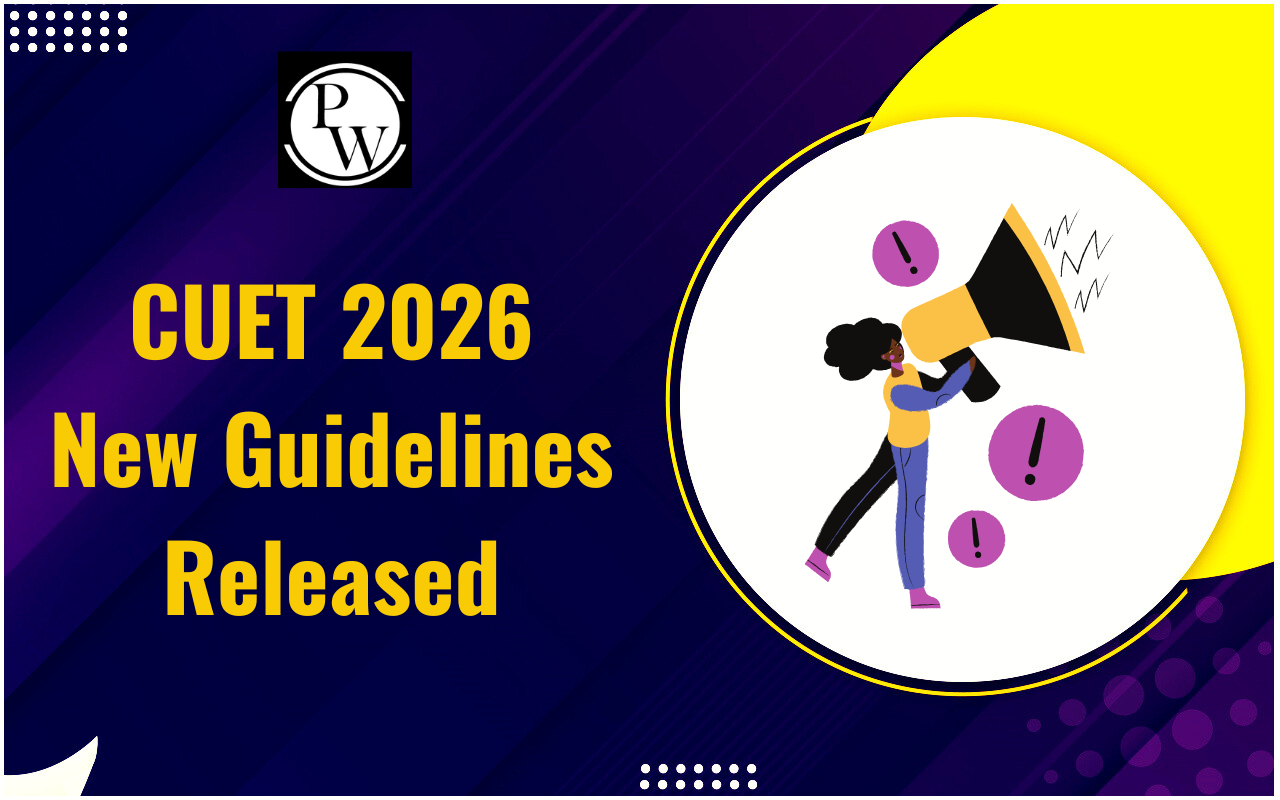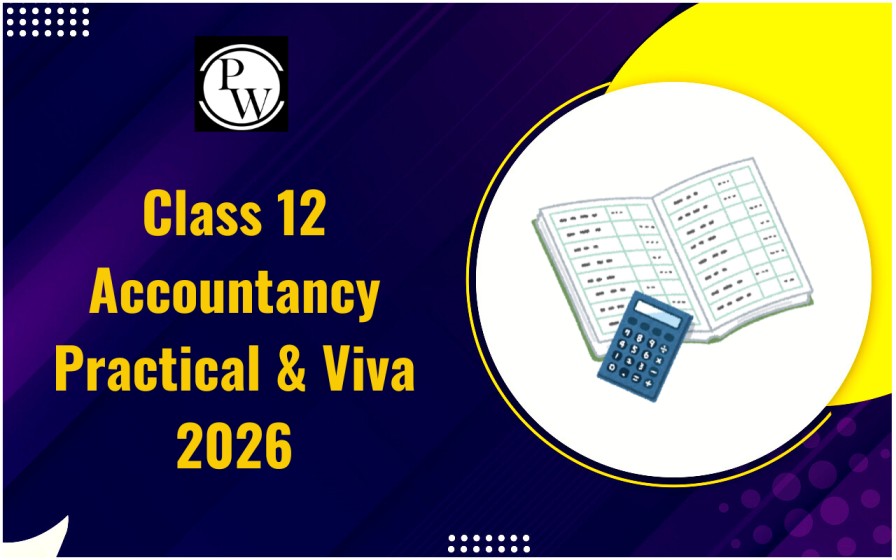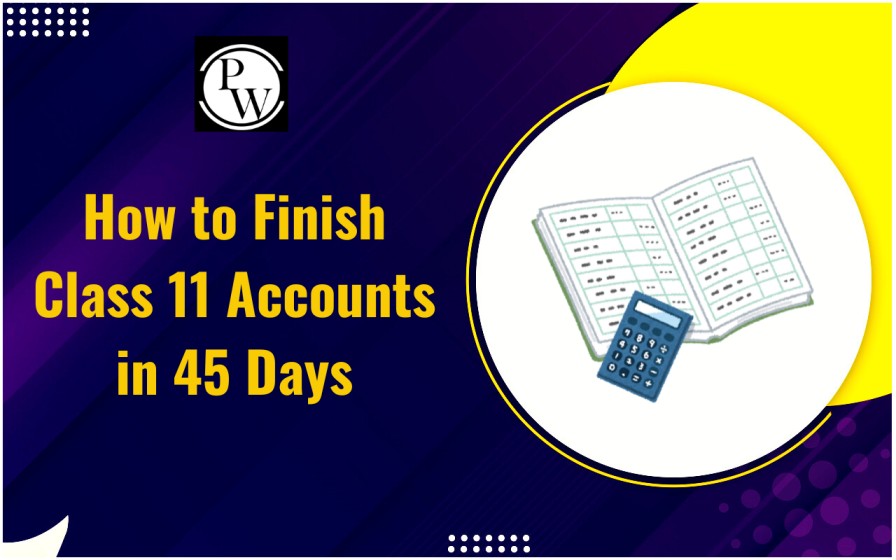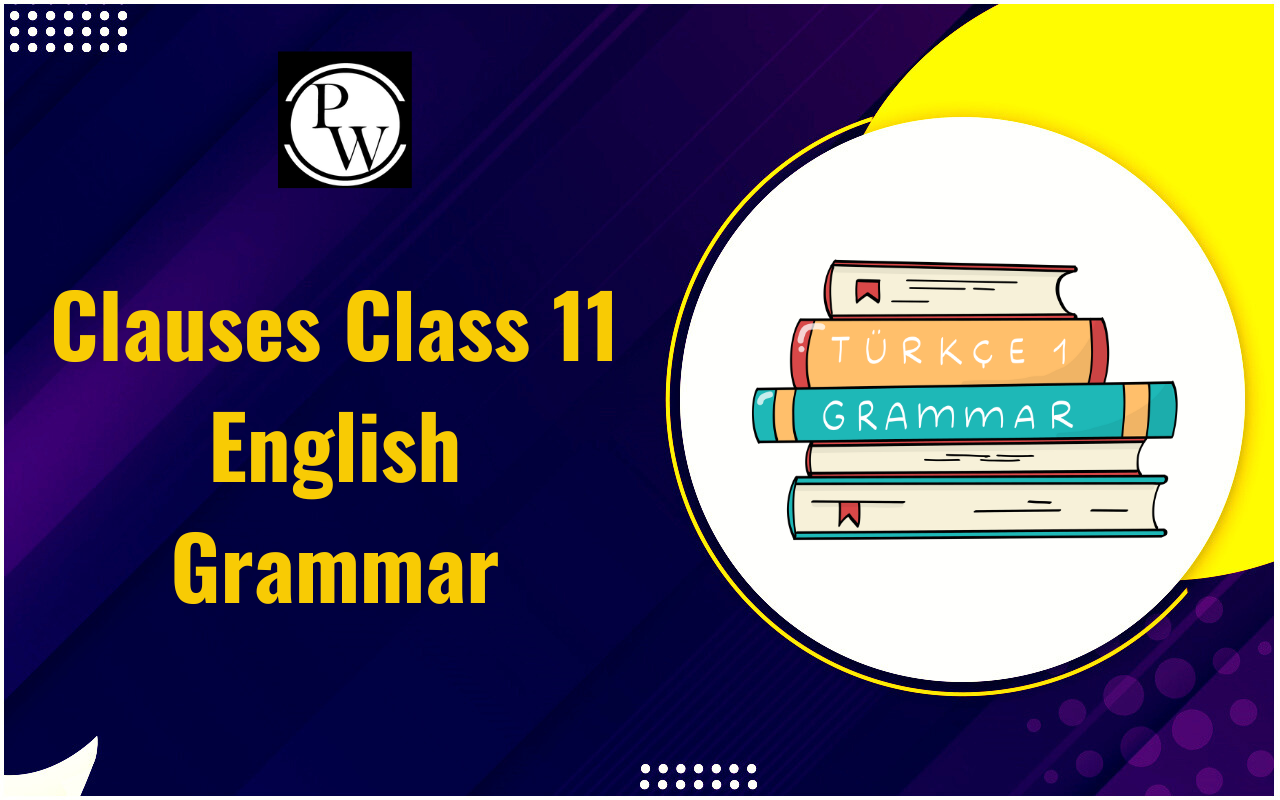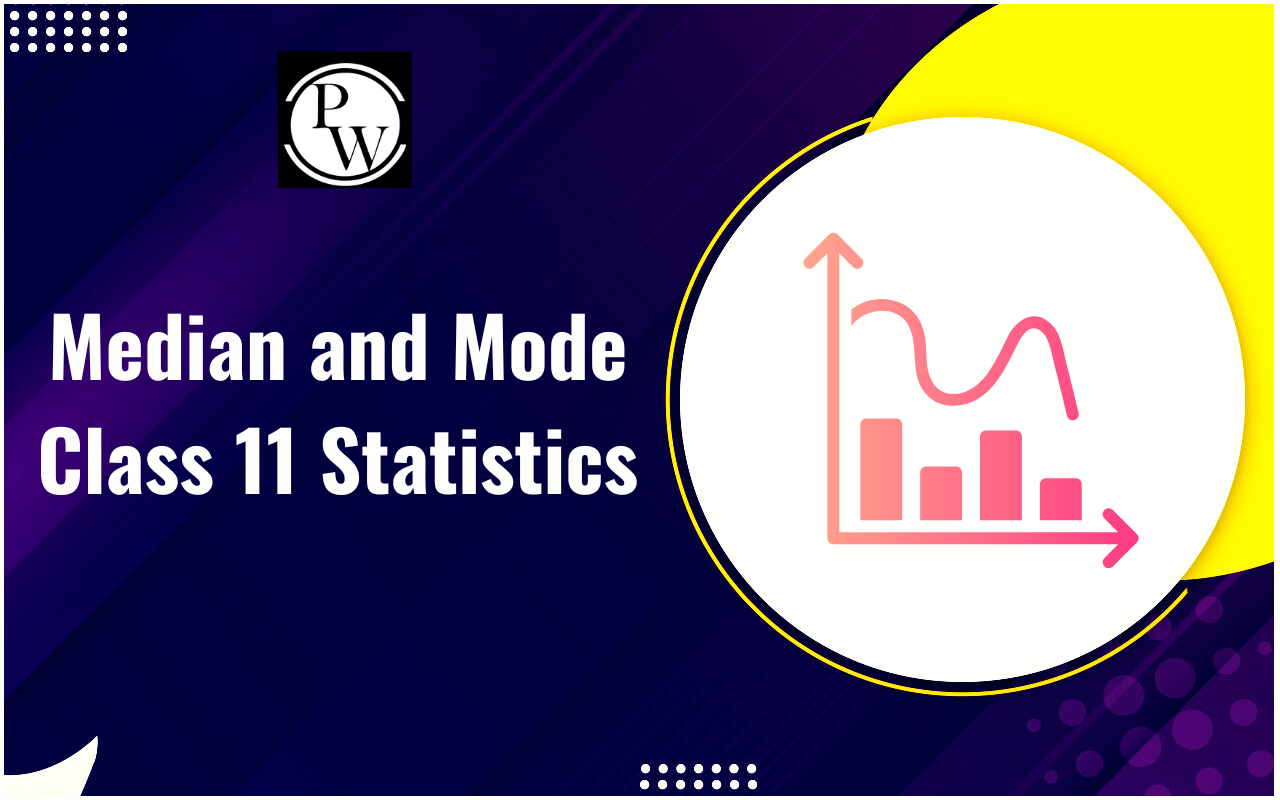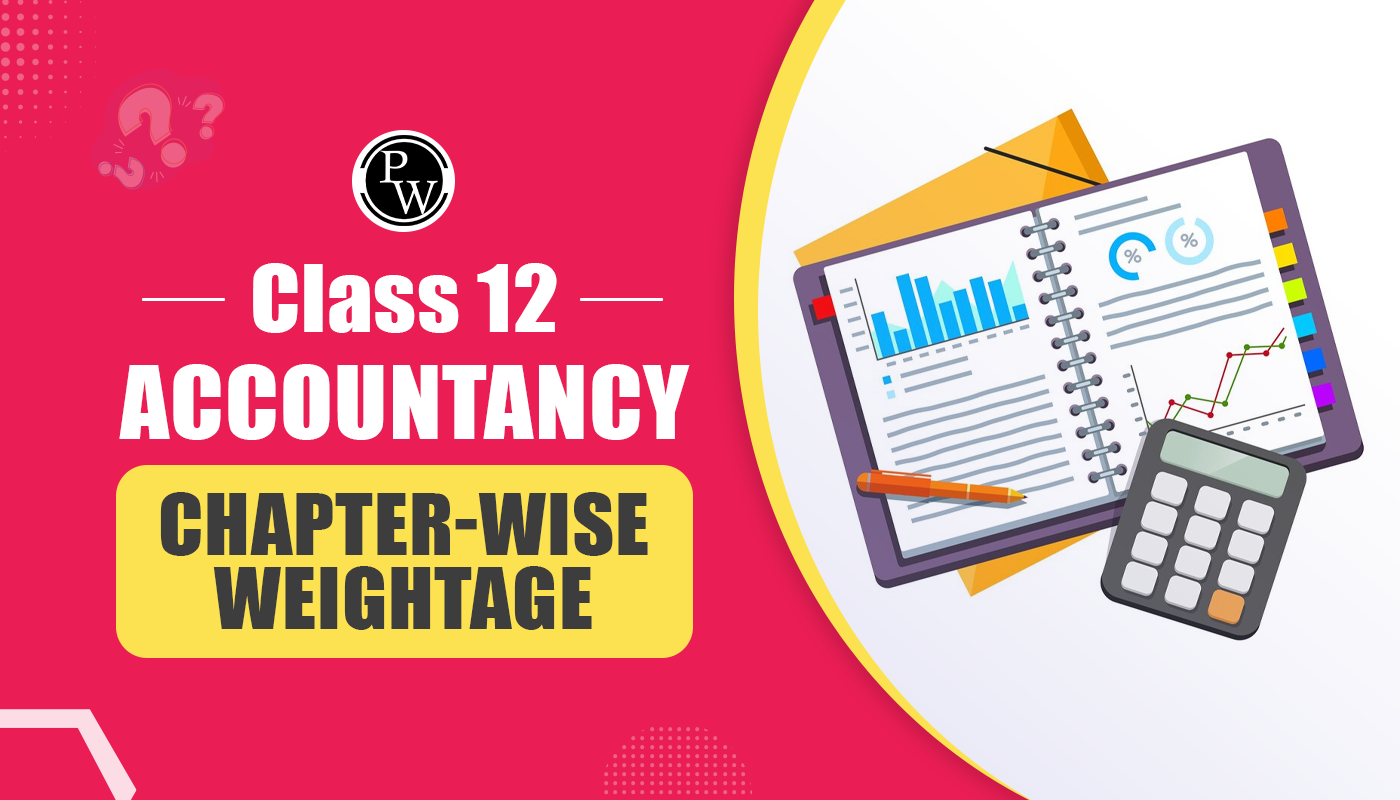
CBSE Class 12 Financial Mathematics: In CBSE Class 12, they're adding Financial Mathematics to the Applied Maths Syllabus to help you get better at math for money stuff.
This guide is all about CBSE Class 12 Basics of Financial Mathematics. We'll explain why it's important, what you need to know for exams, and give you tips, study stuff, and practice questions. It doesn't matter if you know about money or not. This guide will teach you the basics and how to do well in CBSE Class 12 Financial Mathematics.CBSE Class 12 Financial Mathematics Overview
Understanding financial mathematics in CBSE Class 12 Commerce is crucial for grasping money-related concepts. It applies math to real-life financial situations, making it essential for your education. Here's a breakdown:Financial Math Basics: In CBSE Class 12, financial math involves using math to solve money-related problems. It's about understanding numbers and calculations in the context of money.
Key Topics: You'll learn about various concepts like perpetuity, sinking funds, bond valuation, EMI calculation, returns, stocks, depreciation, and more.
Real-Life Importance: Knowing financial math isn't just for exams. It helps in real life by enabling you to calculate taxes, assess asset values, understand stocks, and grasp asset appreciation and depreciation.
Comprehensive Learning: CBSE Class 12 Financial Mathematics goes beyond basic arithmetic. It incorporates algebraic methods to solve complex financial problems.
Logical Thinking: This subject enhances logical reasoning skills by teaching you to create mathematical arguments, examples, and validate equations and financial models.
Everyday Use: Financial math skills are practical for everyday life. You can assist with tax calculations, analyze financial data from sources like BSE and NASDAQ, and make informed financial decisions.
CBSE Class 12 Financial Mathematics Syllabus
The Class 12 Financial Mathematics syllabus, found in unit 7 of Class 12 Applied Mathematics , covers 5 key topics essential for higher studies in finance. While you may recognize some topics, others might seem unfamiliar until you start studying them. Let's dive into the CBSE Class 12 Financial Mathematics syllabus to understand it better.| CBSE Class 12 Financial Mathematics Syllabus | |
|---|---|
| Topic | Description |
| Perpetuity and Sinking Funds | Understand the essence and calculation techniques of perpetuity, and differentiate from savings accounts. |
| EMI Calculation | Grasp the fundamental idea behind EMI, learn calculation methods (Flat-Rate and Reducing-Balance), and explore real-life examples. |
| Rate of Returns | Get acquainted with rate of return concepts, learn calculation methods, and understand essential formulas. |
| Compound Annual Growth Rate | Comprehend CAGR, differentiate from standard annual growth rate, master calculation, and understand definition and usage. |
| Linear Method of Depreciation | Define linear depreciation method, interpret asset costs and residual value, become proficient in calculations, and analyze advantages and disadvantages. |
What to Expect from CBSE Class 12 Financial Mathematics Exam?
Financial Mathematics involves using mathematical language and symbols to understand everyday situations. When you're preparing for exams, expect to tackle challenging calculations with large numbers. The questions will likely resemble those found in standard textbooks. In CBSE Class 12 Financial Mathematics exams, you'll encounter real-life arithmetic problems that test your ability to work quickly and accurately with big numbers. Don't be intimidated by large sums; instead, stay alert for any mistakes you might make. These exams also assess your logical reasoning skills. You'll need to build mathematical arguments, provide examples, identify errors, and validate equations. CBSE Financial Mathematics goes beyond basic arithmetic, incorporating algebraic methods for representation and problem-solving. This is a key aspect of the Class 12 exam. Mastering this subject will equip you to calculate taxes, determine asset values, and predict future values. You'll also gain insight into shares, stock values, asset appreciation, and depreciation.CBSE Class 12 Financial Mathematics Preparation Tips
Mastering CBSE Class 12 Financial Mathematics might seem daunting, but it's totally achievable with the right strategies. Here's how to nail it:1. Get to Know the Syllabus:
Understand what topics are covered in the CBSE Class 12 Financial Mathematics syllabus. This helps you focus your study efforts effectively.2. Learn from Real-Life Situations:
Apply mathematical concepts to real-world financial problems. Practice solving everyday money challenges, as it's more than just memorizing formulas—it's about practical problem-solving.3. Engage in Hands-On Financial Tasks:
Help out with tasks like taxes, EMIs, or stock shares. These experiences deepen your understanding of financial principles and how they're used in the real world.4. Utilize Reference Books:
Besides your textbook, consider using additional resources for different perspectives and extra practice questions to sharpen your skills.5. Practice with Past Papers:
Solve previous years' CBSE Class 12 Financial Mathematics papers to get familiar with the exam format and question types. This also helps with time management and problem-solving.6. Sharpen Mental Calculation Skills:
Don't rely too heavily on calculators. Challenge yourself to solve problems mentally, which improves your speed and memory, crucial for handling complex questions. Remember, CBSE Class 12 Financial Mathematics isn't just about exams—it's about gaining practical skills for everyday life. By following these tips, you'll not only excel academically but also develop valuable financial knowledge for the future.CBSE Class 12 Financial Mathematics Study Material
Preparing for the CBSE Class 12 Financial Mathematics exam requires reliable resources like books, notes, and practice papers. These materials act as guides to help you understand the concepts thoroughly. With mathematics, it's easy to stray beyond the syllabus, so using trusted resources keeps you focused. Here's a list of recommended reference books for CBSE Class 12 Financial Mathematics:- NCERT
- Suncos Handbook for Mathematics
- Master the NCERT Mathematics
| Related Links | |
| CBSE Class 12 Applied Mathematics 2024 | CBSE Class 12 Applied Maths Algebra |
| CBSE Class 11 Applied Maths Syllabus | CBSE Class 11 Applied Maths Coordinate Geometry |
CBSE Class 12 Financial Mathematics FAQs
What is CBSE Class 12 Financial Mathematics?
How can I prepare for CBSE Class 12 Financial Mathematics?
What topics are covered in the CBSE Class 12 Financial Mathematics syllabus?
Why is CBSE Class 12 Financial Mathematics important?
What are some recommended reference books for CBSE Class 12 Financial Mathematics?



